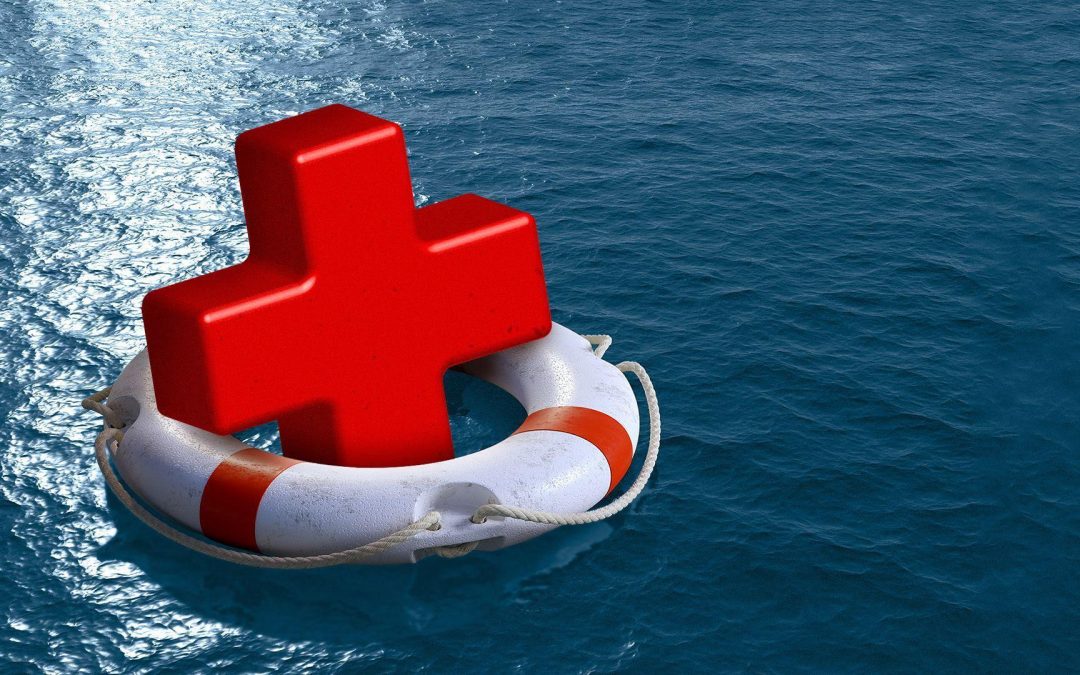Public health experts launched a major new initiative Tuesday designed to help free and low-cost clinics in the U.S. to better deal with heat waves, hurricanes, wildfires and floods in underserved communities.
The big picture: Despite treating those most vulnerable to the health impacts of climate-fueled disasters, these clinics are typically under-resourced and underfunded, Axios‘ Ayurella Horn-Muller reports.
How it works: The Climate Resilience for Frontline Clinics toolkit guides clinics that serve uninsured and underinsured populations on how to develop disaster preparedness plans, extreme weather alert systems and health tip sheets for patients.
- Frontline clinics in California, Massachusetts, Texas and North Carolina worked with the nonprofit Americares and the Harvard T.H. Chan School of Public Health to create it.
When it comes to disaster preparedness and resilience in the health care sector, “everything” is about hospitals, Kristin Stevens, Americares’ senior director of climate and disaster resilience, tells Axios.
- “That’s where the money, the attention, the media goes,” Stevens said. “The health centers that we work with are on that outer ring of attention and funding. But at the same time, they see the patients who are most vulnerable to the impacts of the climate crisis.”
- “And so they are seeing the patients who are most vulnerable, but they themselves are the least resourced on this front.”

